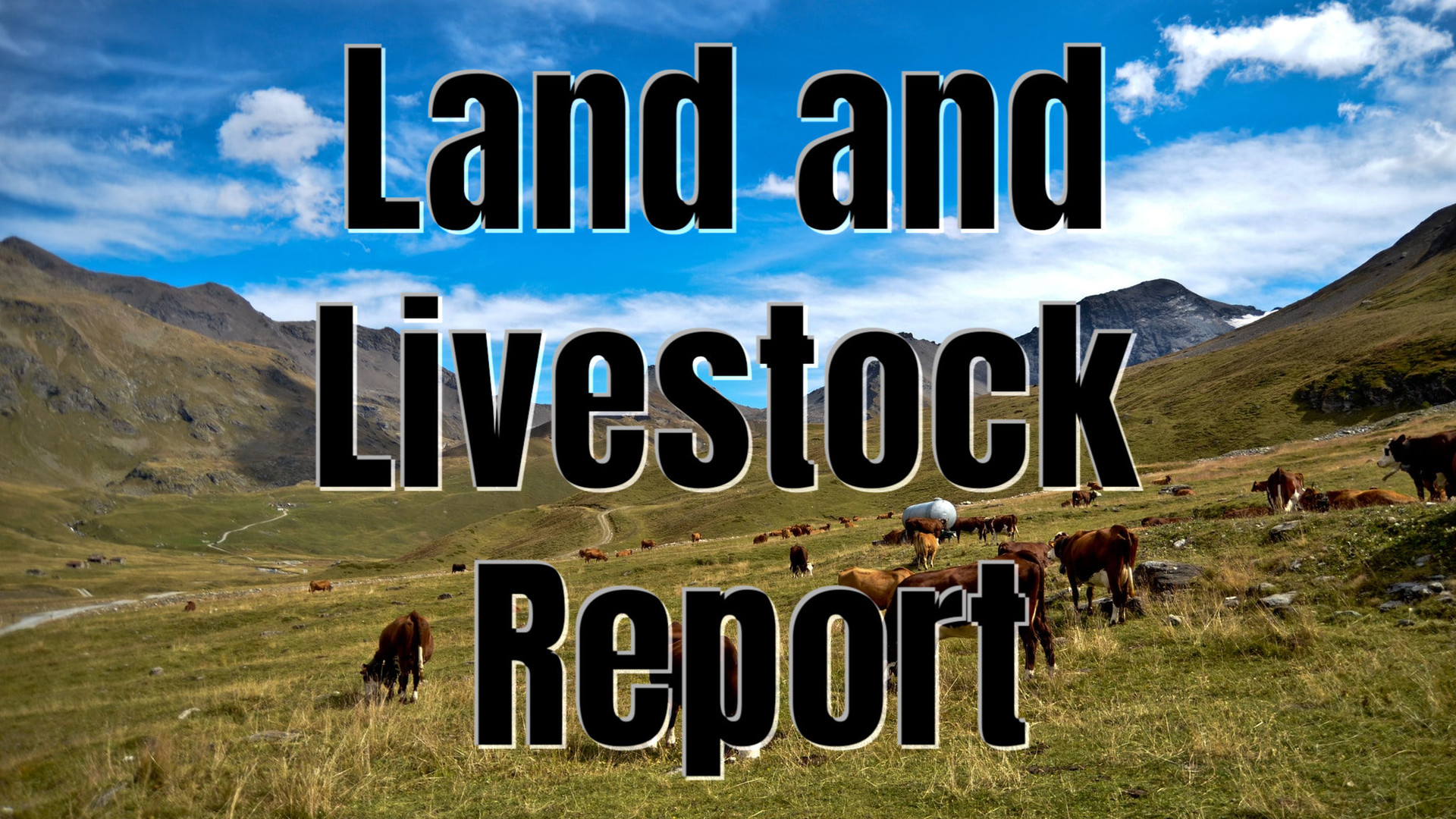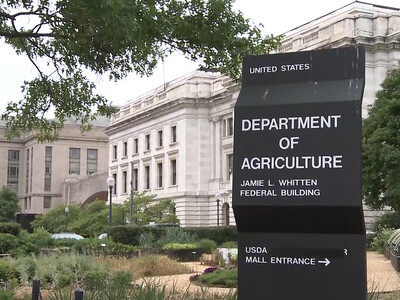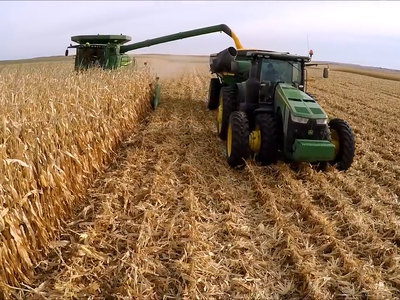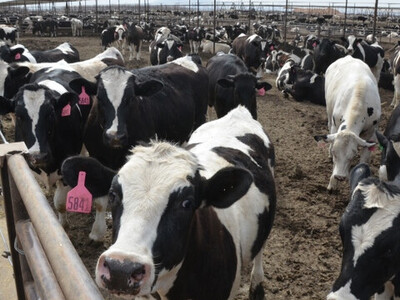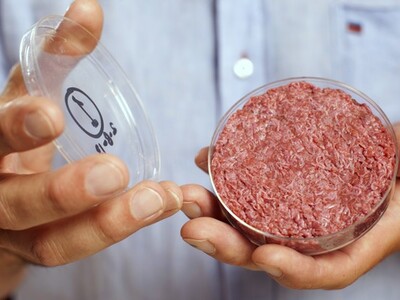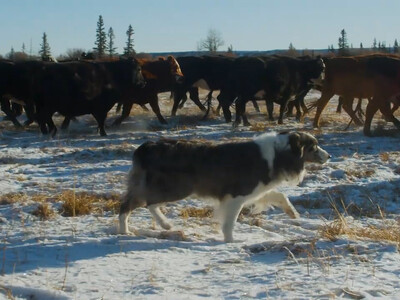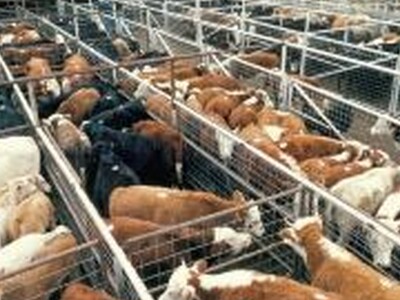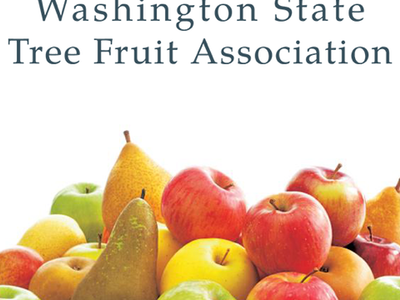Selenium-rich Feed Could Improve Livestock Health
Selenium-rich Feed Could Improve Livestock Health
Selenium deficiency can be an issue for livestock producers across the Pacific Northwest, especially in coastal areas. After the break, we learn about a development of a longer-lasting selenium supplement for livestock, I’m KayDee Gilkey with Open Range.
Selenium deficiency in sheep and cattle costs livestock producers an estimated $545 million annually in losses and affects livestock in more than 35 states where regions are deficient in the mineral.
In adequate selenium in sheep reduces conception rates, increases neonatal mortality, and in some instances, causes white muscle disease -- nutritional muscular dystrophy.
Agricultural Research Service Scientist Bret Taylor has been studying the effects of milling coproduct, derived from selenium-rich wheat harvested in South Dakota on ewes and their lambs.
Taylor: “To develop very specific tailor made feed product to feed for a very short periods of time. Like to ewes and lambs when the ewes are lambing, or during early lactation. The ewes can consume this feed and it builds up their selenium status up but also they pass an enormous amount of this selenium on to their nursing young. So it is like killing two birds with one stone. The ewe eats the diet and it really increases the selenium content in both the ewe and the lamb. And they are able to go out and graze selenium-deficient ranges for a long time without needing selenium supplements.”
Taylor says that the preliminary research results are quite promising. In the future, using this feeding strategy should allow livestock producers to eliminate the cost and hassle of delivering selenium supplements to sheep and other livestock in hard-to-reach regions.
I’m KayDee Gilkey with Open Range on the Ag Information Network.


